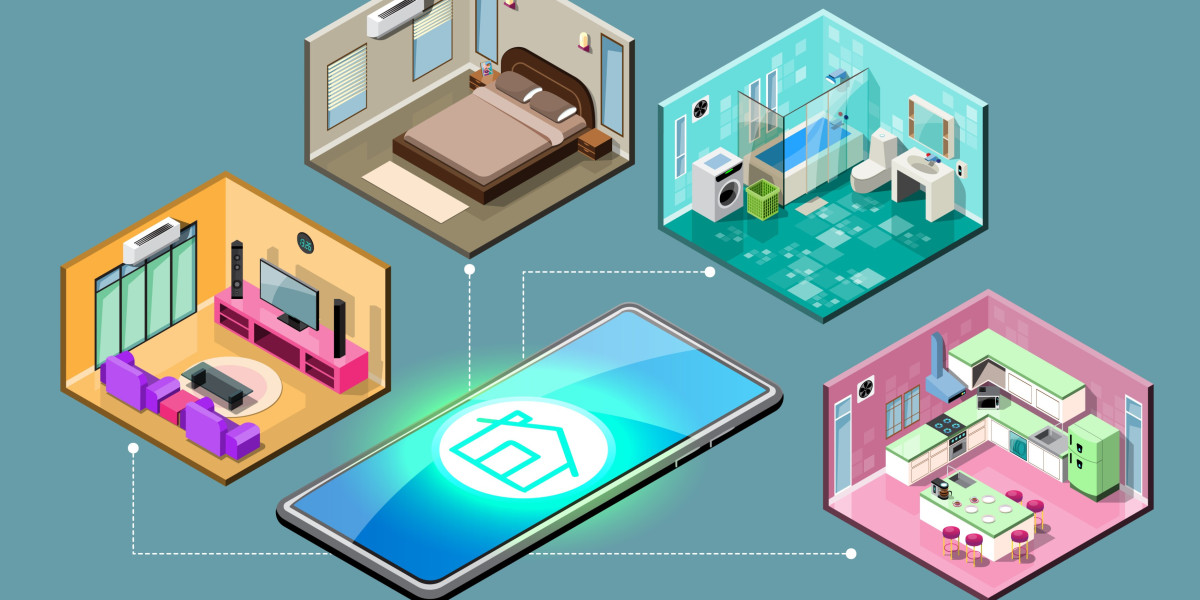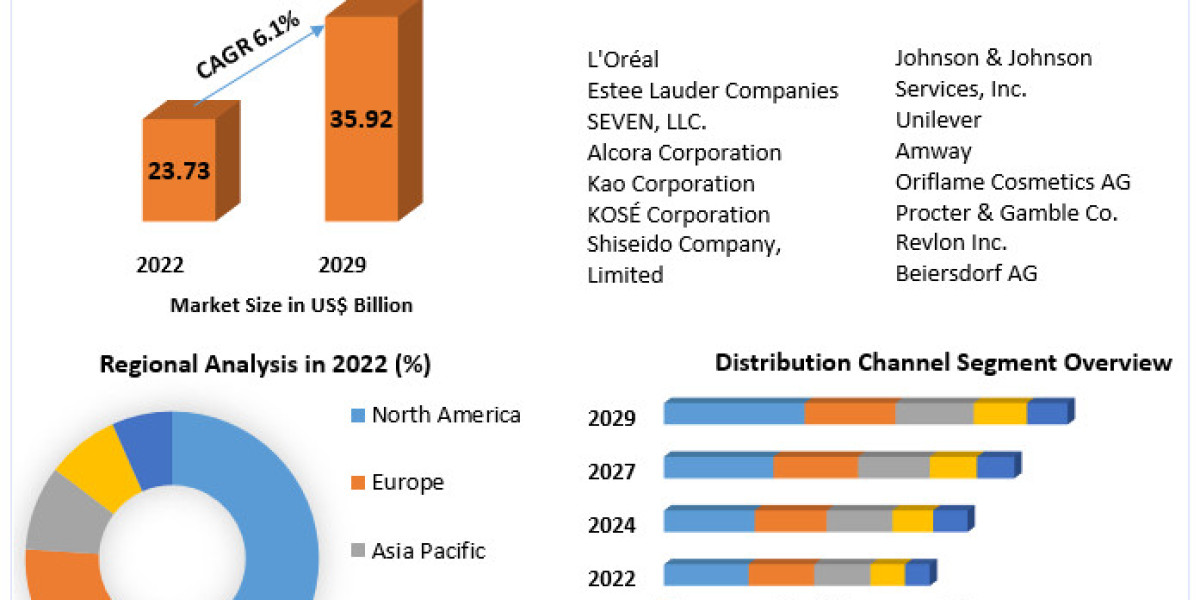Technology has become an invaluable asset, revolutionizing the way individuals receive care and manage their well-being through home health automation services. One of the most significant advancements is the integration of automation into various aspects of home health services, particularly in monitoring and medication management. This shift towards automation offers numerous benefits, enhancing efficiency, accuracy, and overall quality of care for patients.
Monitoring vital signs and health metrics is crucial for individuals managing chronic conditions or recovering from illness. Traditionally, this process involved manual tracking and periodic check-ins with healthcare providers. However, with the advent of wearable devices and smart sensors, real-time monitoring has become accessible from the comfort of one's home. These devices can continuously track parameters such as heart rate, blood pressure, and blood glucose levels, providing valuable data that can help individuals and their healthcare teams make informed decisions about their health.
Moreover, home health automation services has significantly improved medication management, a critical aspect of home healthcare. Adherence to medication schedules is essential for controlling chronic conditions and preventing complications. Automated systems, such as smart pill dispensers and medication reminder apps, help individuals stay organized and on track with their prescribed regimens. These systems can send alerts, dispense medications at the appropriate times, and even notify caregivers or healthcare providers in case of missed doses or potential issues.
Beyond simplifying the process of monitoring and medication management, automation also contributes to enhanced safety and peace of mind for both patients and their families. Automated systems can detect anomalies in health data or medication adherence patterns, allowing for timely interventions and adjustments to treatment plans. Additionally, they can provide remote monitoring capabilities, enabling healthcare providers to keep a closer eye on their patients' well-being without the need for frequent in-person visits.
In conclusion, the integration of home health automation services represents a significant step forward in improving the quality of care and quality of life for individuals managing health conditions at home. From real-time monitoring to efficient medication management, automation offers unparalleled convenience, accuracy, and safety, empowering patients to take control of their health journey with confidence and peace of mind.















